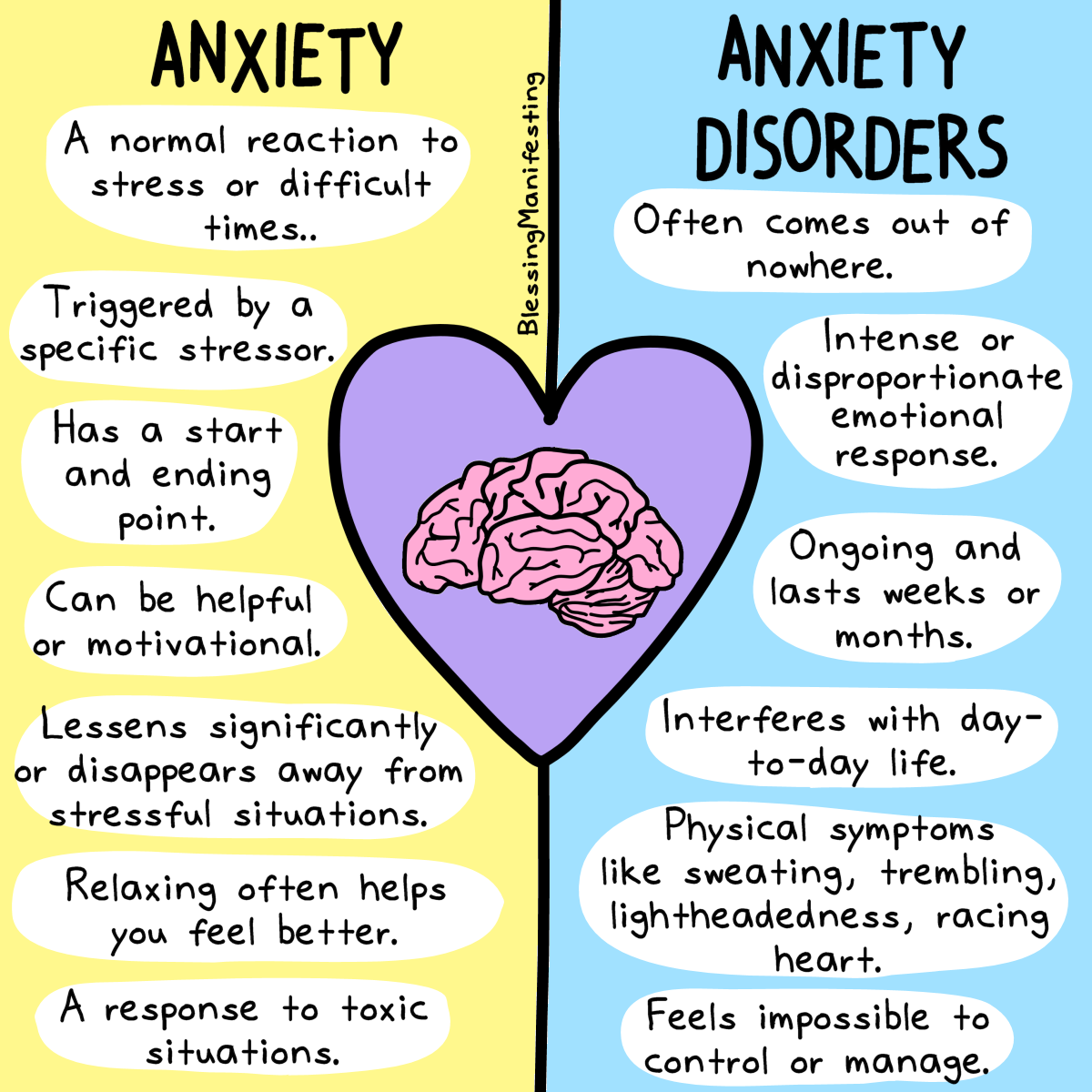How to Speak to a Child with Anxiety/Depression
- Written by Bridging Harts Staff
Are you a parent whose child has just been diagnosed with anxiety or depression? Do you work in a school where you have a student who has anxiety? You may not know what exactly to say to this kiddo. You don’t want to invalidate them, but you may also not really know what’s going on with them. So how do you effectively communicate with them?
First, let’s define effective communication. Communication has to adapt based on who you’re talking to and what the goal of the conversation is. With a child who has anxiety/depression, the goal is usually to help them feel better, feel connected, or heard. But what does that mean when you have anxiety/depression?
Effective communication with someone who experiences anxiety or depression is the ability to convey warmth, support, and a desire to understand. Effective communication is generally not solving their problem, dismissing how they feel, or saying you don’t understand because you see the problem differently.
Ooh, I sound harsh! But let’s look at this a little bit.
We all interpret a situation differently, based on our personality, family, core motivations, core beliefs, core fears… even a mental health diagnosis. When a child is coming to you with anxiety or depression, even though we may not see their circumstance in the same way, that doesn’t mean that the child sees it through your lens.

It may sound incredibly simple, but sometimes the best tools we can use to help is just conveying warmth and a genuine interest in the child. If a child comes to you about their anxiety, validate that their anxiety is real to them. Work with them to find tools and support systems.
As parents, caretakers, or just adults…it is natural to want to fix things. If we see a problem, we want to fix it. Now… we may need to define “fix”. We, unfortunately, cannot fix anxiety by dismissing it, ignoring it, or saying it doesn’t exist. It does, and it does to the child. But we can “fix” anxiety by listening, offering support, and showing love.
You Got This.

